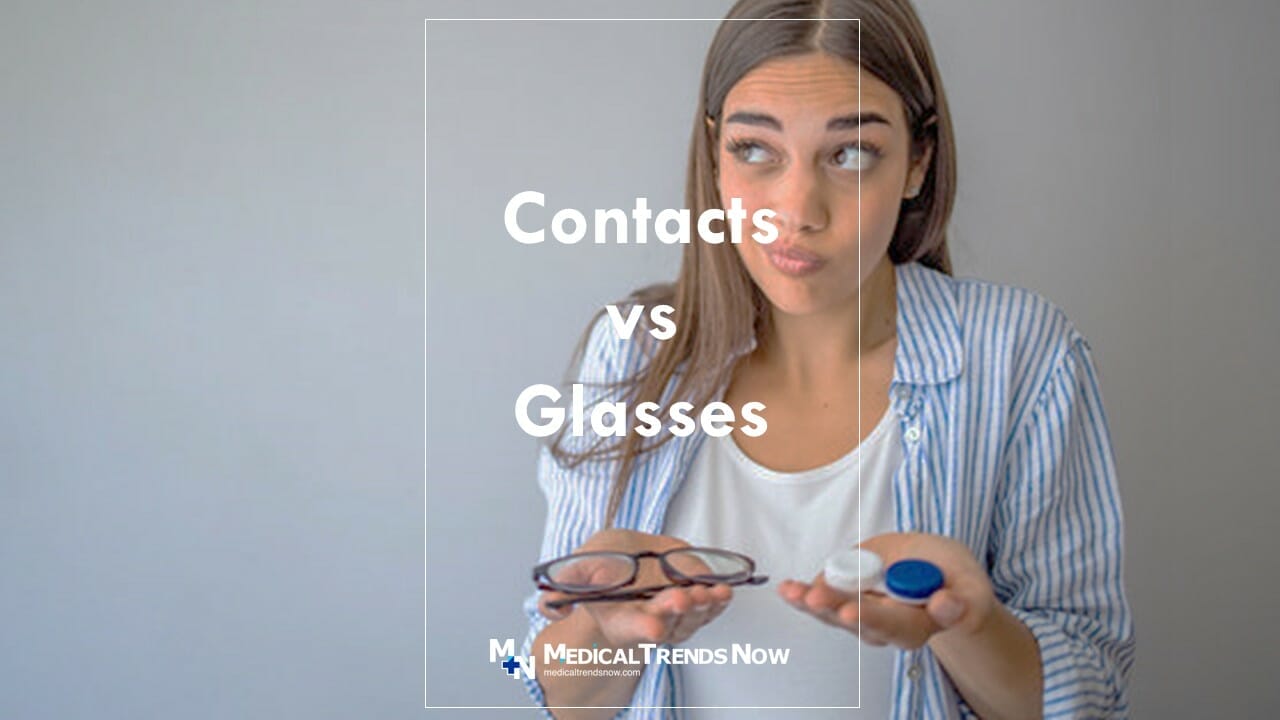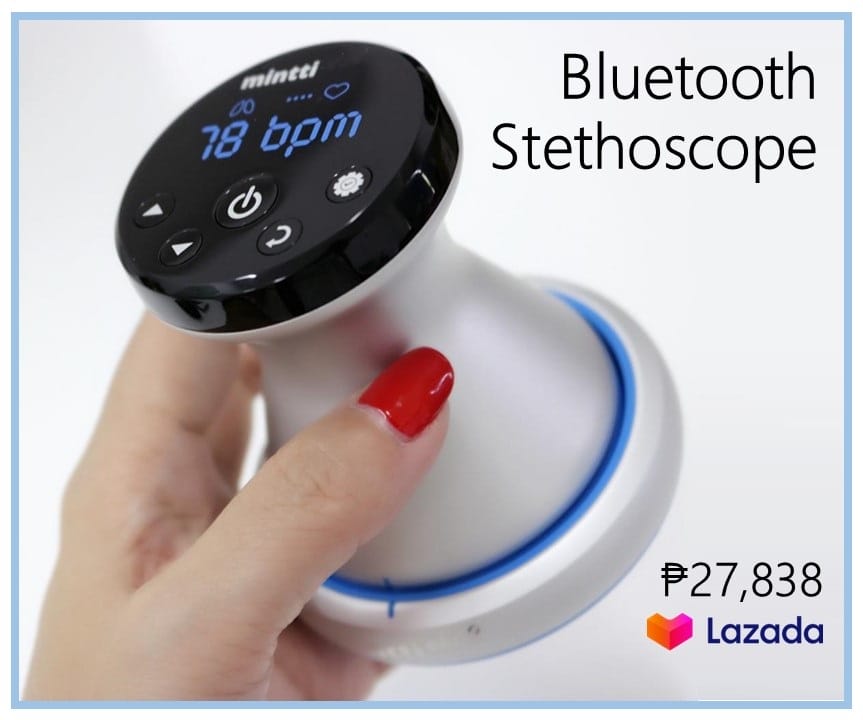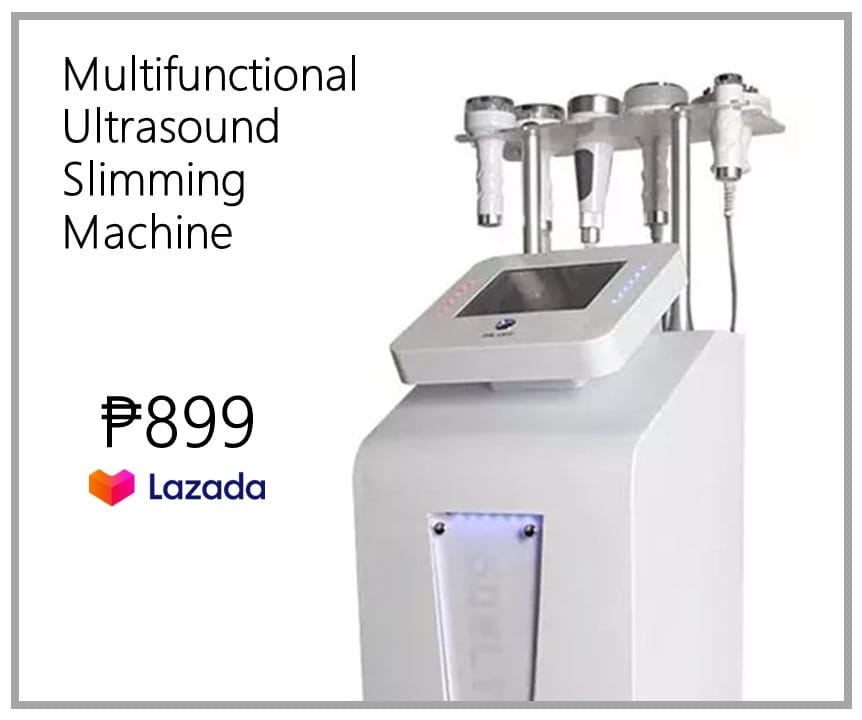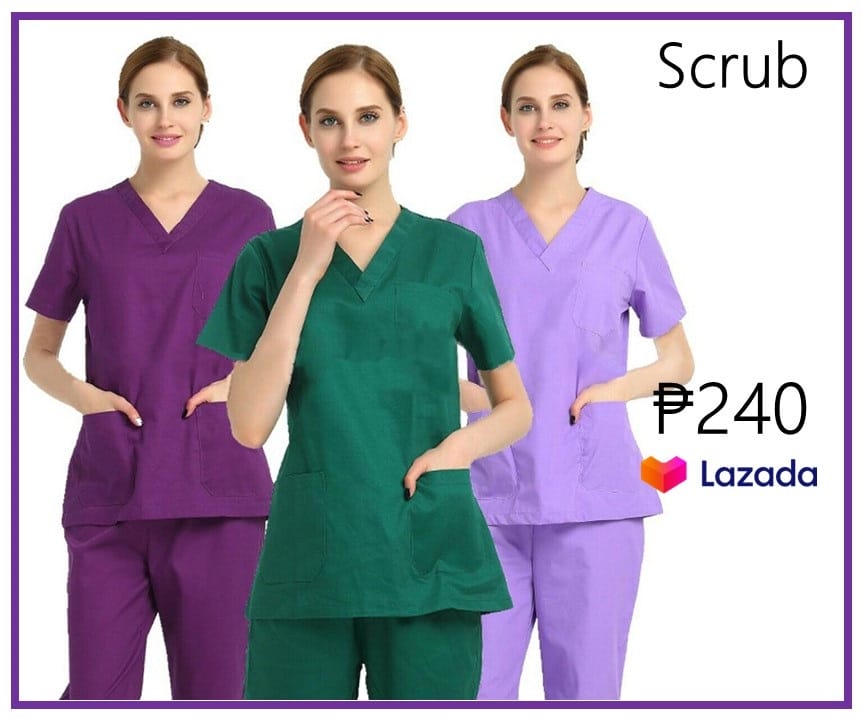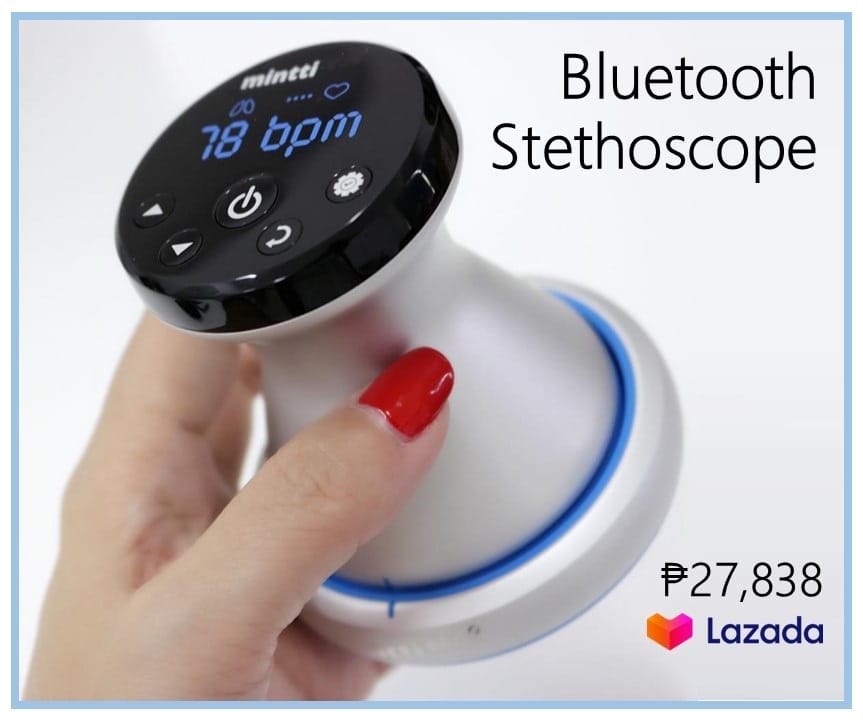Table of Contents
Weighing the pros and cons of contact lenses vs. eyeglasses? This comprehensive guide covers everything from costs to comfort levels.
There are many factors to consider when deciding whether to wear contacts or eyeglasses. Some people prefer the natural look of glasses, while others find them to be inconvenient. Contacts can be a hassle to keep clean, but they offer a wider field of vision. Here are some pros and cons of each option to help you decide which is best for you.
What are Contact lenses and Eyeglasses?
Contact lenses are thin, curved pieces of plastic that sit directly on your eye. They correct vision in the same way that eyeglasses do, by bending the light that comes into your eye. You can wear contact lenses for different lengths of time, depending on the type of lens. Some lenses are meant to be worn for just a day or two, while others can last for months or even years before needing to be replaced.
Glasses, on the other hand, are frames with lenses that sit in front of your eyes. They also correct vision by bending the light that comes into your eye. Glasses can be made from different materials, such as metal, plastic, or wood. And like contact lenses, they come in a variety of styles to suit your needs and personal taste.
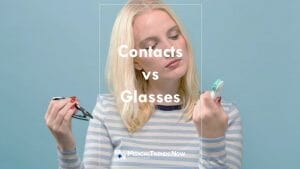
Types of Contact lenses
There are many different types of contact lenses, each with its own pros and cons. Here we will explore the three most common types of contact lenses: soft lenses, gas-permeable lenses, and hybrid lenses.
Soft Lenses
Soft lenses are the most popular type of contact lens. They are made from a flexible material that allows oxygen to pass through to the eye. They are comfortable to wear and easy to adjust to. However, they do not last as long as other types of lenses and can be more prone to infection.
Gas Permeable Lenses
Gas-permeable lenses are made from a rigid material that does not allow oxygen to pass through. This makes them less comfortable to wear, but they last longer than soft lenses. They also provide better vision overall but can be difficult to adjust to.
Hybrid Lenses
A new type of contact lens that is a hybrid between hard and soft lenses is now available. This type of lens provides the wearer with the best of both worlds: the strength and durability of a hard lens with the comfort and flexibility of a soft lens.
These lenses are made from a material that is soft and pliable but becomes harder when exposed to UV light. This makes them more resistant to tearing and wear than traditional soft lenses.
Hybrid lenses are also less likely to cause irritation or dryness, as they allow more oxygen to reach the eye than traditional hard lenses. This makes them a good option for people who have sensitive eyes or who live in areas with high levels of pollution.
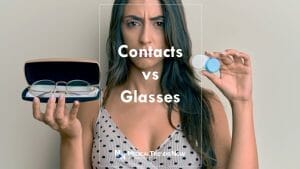
Pros of contact lenses:
There are many reasons why someone might choose to wear contact lenses over eyeglasses.
It doesn’t fog up
For one, contacts don’t fog up in cold weather or when you sweat, which can be a major annoyance with glasses. They also don’t get in the way when you’re playing sports or doing other activities.
Wider field of vision
Another advantage of contacts is that they give you a wider field of vision than eyeglasses do. Glasses can block your peripheral vision, but contacts sit right on your eyeball and don’t obstruct your view. And if you wear glasses, you have to deal with the glare from the sun and headlights at night. With contacts, you don’t have to worry about that.
No frames in the way
If you’re considering whether to ditch your eyeglasses in favor of contacts, here are a few things to keep in mind. One big advantage of contacts over glasses is that they don’t get in the way. Whether you’re playing sports, working at a desk, or cuddling with a cat, you don’t have to worry about your frames slipping or getting knocked off.
It can be changed to suit your appearance.
There are many pros to contact lenses, but one of the best is that they can be changed to suit your appearance. If you want to change your look for a special occasion or just for fun, you can do so with contacts. They come in a variety of colors and styles, so you can really make them your own.
Colors
Finally, contacts are more cosmetically pleasing than eyeglasses, and you can choose a colored lens.
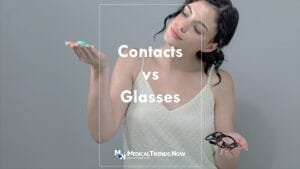
Cons of contact lenses:
Contact lenses are often seen as a more convenient and comfortable alternative to glasses. However, there are several potential drawbacks associated with contact lenses that should be considered before making the switch.
Infection
Contact lenses are a great way to improve your vision, but they do have some risks. One of the most common problems is an eye infection called conjunctivitis, which is also known as pink eye. This can happen if you don’t clean your lenses properly or if you wear them for too long. Symptoms include redness, itching, and discharge from the eye. If you think you might have an infection, it’s important to see your doctor right away so it can be treated before it gets worse.
What is conjunctivitis?
If you’re trying to decide between contact lenses and eyeglasses, there are a few things you should take into consideration. One important factor is whether or not you have any allergies or conditions that could affect your decision. For example, people with conjunctivitis may experience more irritation with contact lenses.
Conjunctivitis is an inflammation of the conjunctiva, the thin membrane that covers the white part of your eye and lines the inside of your eyelid. It’s a common condition that can be caused by viruses, bacteria, irritants, or allergies. Symptoms include redness, itchiness, watering eyes, and sometimes a discharge from the eye.
If you have conjunctivitis, it’s important to see a doctor so you can get treated and avoid spreading the infection to others.
Because contact lenses sit directly on the eye, they can trap bacteria and other irritants that can lead to infections. This is why it’s important to clean your lenses regularly and follow all manufacturer instructions to reduce your risk.
Easily lost
Another downside of contacts is that they can be easily misplaced or lost. If you wear contacts, it’s important to have a backup pair of eyeglasses in case something happens to your lenses. Additionally, contacts can be expensive, especially if you need to replace them frequently due to dryness or other issues.
You have to be careful with them. Most people think that contact lenses are much better than glasses, but there are some cons to them. You have to be careful with contact lenses because if you lose one, it’s gone forever.
Expensive
Expensive and sometimes not covered by insurance. Contact lenses are often seen as a more convenient and healthier alternative to eyeglasses, but they come with their own set of disadvantages. For one, they can be quite expensive, especially if you need to purchase new lenses on a regular basis. And because they’re considered a luxury item, most insurance plans don’t cover the cost of contact lenses or the exam required to get them. Additionally, wearing contacts puts you at a slightly higher risk for developing serious eye infections, and they can be uncomfortable to wear if not fitted properly.
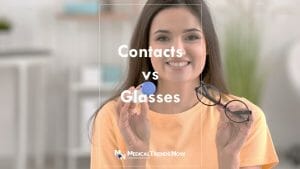
Types of Eyeglasses:
There are many different types of eyeglasses to choose from, and the type that is right for you will depend on your individual needs. Some common types of eyeglasses include bifocals, trifocals, and progressive lenses.
Bifocals are eyeglasses that have two different lens powers in one frame, and they are typically used for people who need reading glasses.
Trifocals are eyeglasses with three different lens powers in one frame, and they are often used for people who need both reading glasses and distance glasses.
Progressive lenses are eyeglasses that have a gradual change in lens power from top to bottom, and they are used for people who need both reading glasses and distance glasses.
Polycarbonate and Trivex lenses are both clear, lightweight lens options that offer 100% UV protection. Polycarbonate lenses are more impact-resistant than Trivex lenses, making them a good choice for athletes or people who work in hazardous occupations. However, Trivex lenses are slightly thinner and lighter than polycarbonate lenses, making them a better choice for people who want the lightest possible eyeglass lens.
High-index lenses are a great option for people who need corrective lenses but don’t want the thick, bulky look of traditional glasses. These lenses are made from materials that bend light more than regular glass so that they can be thinner and lighter. High-index lenses also have a higher refractive index, which means they can correct vision problems more effectively.
There are a few things to keep in mind when choosing high-index lenses. First, they come in different levels of thickness, so you’ll need to decide how thin you want your lenses to be. Second, they’re more expensive than regular glass lenses, so you’ll need to budget accordingly. But if you’re looking for the thinnest, lightest, and most effective corrective lenses available, high-index lenses are the way to go.
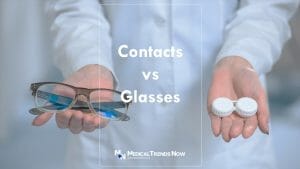
Pros of glasses:
There are many benefits to wearing eyeglasses.
Improve vision
For one, they can help improve your vision. If you have trouble seeing things up close or far away, glasses can help correct that. They can also help prevent eye strain and headaches. Additionally, glasses can protect your eyes from harmful UV rays and debris.
Eyeglasses are easier to take care of
If you wear glasses, you don’t have to worry about putting them in and taking them out every day. You can also sleep in your glasses if you want to. Glasses are also easier to keep clean than contact lenses. All you need to do is wipe them with a cloth. Contact lenses can be more difficult to take care of because you have to clean them daily and make sure they are stored properly.
Fashion statement
Another pro of eyeglasses is that they can be a fashion statement. With so many different styles and colors available, you can find a pair of glasses that really expresses your personality. And since they’re so easy to wear, you can take them on and off as you please. And they can make driving at night safer.
Overall, glasses are a great way to improve your vision and style at the same time. So if you’re thinking about getting a pair, be sure to weigh the pros and cons before making a decision.
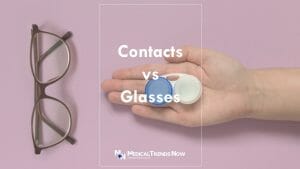
Cons of glasses:
Although eyeglasses are a common way to improve vision, they also have several disadvantages.
Easily broken
For one, glasses can be easily lost or broken, and replacements can be expensive. Additionally, glasses can fog up in humid or cold weather, making it difficult to see. They can also slip down your nose when you sweat, causing them to need readjustment constantly.
Obstruction
Another negative is that glasses can obstruct your vision in certain situations, such as when playing sports. And they can be expensive to replace if they are lost or damaged.
Foggy
Also, eyeglasses can fog up. While glasses have many benefits, there are also some drawbacks to consider. One downside is that glasses can fog up, especially in warm or humid conditions. This can be a major annoyance and can even make it difficult to see.
Scratches
Another downside is that glasses can be easily scratched or damaged, which can impact both the function and the aesthetic of the glasses.
Expensive
Finally, glasses can be a bit more expensive than contact lenses, although this cost difference has been decreasing in recent years.
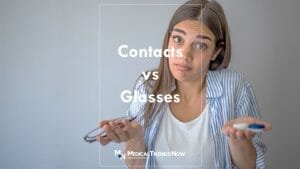
Why do people wear eyeglasses?
People wear eyeglasses for many reasons. Some people need them to see clearly, while others use them as a fashion accessories. Eyeglasses can also be used to correct vision problems.
People who need glasses to see clearly usually have some type of refractive error. This means that the eyeglasses help focus the light that enters the eye so that the person can see clearly. People with refractive errors often have trouble seeing things up close, far away, or both.
Glasses can also be used to correct other vision problems, such as astigmatism, which is when the eye does not focus light evenly on the retina. Wearing glasses can also help improve central vision in people with macular degeneration, which is when the center of the retina begins to deteriorate.
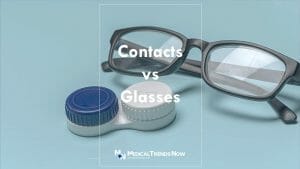
Why do people wear contact lenses?
There are many reasons why people might choose to wear contact lenses rather than glasses. For some, it’s simply a matter of preference—they feel that contacts give them a more natural appearance and don’t obstruct their vision the way glasses can. Others find that contacts are more comfortable to wear, especially during activities like sports where glasses can be a nuisance. And for those with certain vision problems, contacts may provide a better corrective solution than glasses.
Whatever the reason, it’s estimated that around 150 million people worldwide wear contact lenses. If you’re considering making the switch from glasses to contacts, it’s important to talk to your eye doctor to see if they’re right for you.
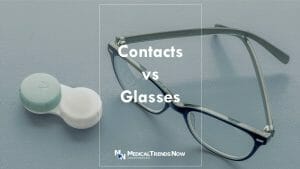
What if I don’t want to wear glasses or contacts? Is there an alternative?
Yes, there is another alternative if you do not want to wear glasses or contacts. It is called LASIK surgery.
LASIK surgery is a great alternative to wearing glasses or contacts. This type of surgery corrects vision problems by reshaping the cornea. LASIK surgery is considered safe and effective, but there are some risks involved. These risks include dry eyes, temporary vision problems, and glare or halos around lights.
What is LASIK Surgery?
LASIK surgery is a type of refractive surgery used to correct vision. It is performed by an ophthalmologist using a laser to reshape the cornea.
LASIK surgery can be used to treat nearsightedness, farsightedness, and astigmatism. The procedure is usually done on an outpatient basis and takes about 30 minutes to complete. Recovery time is typically short, and most people experience significantly improved vision within a few days.
LASIK surgery is generally safe and effective, but like any surgical procedure, there are some risks involved. These include dry eye, night vision problems, and glare or halos around lights. Be sure to discuss all potential risks and benefits with your ophthalmologist before undergoing the procedure.
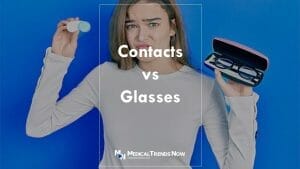
Which is better for you?
There are a few factors to consider when deciding if contact lenses or eyeglasses are better for you.
Your lifestyle, budget, and preferences will all play a role in the decision.
If you lead an active lifestyle, you may find that contact lenses are a better option for you. They won’t get in the way when you’re playing sports or working out. And you won’t have to worry about them getting lost or broken.
If you wear glasses, you may find them to be more comfortable and convenient. You can put them on and take them off as needed. And they don’t require any special care as contact lenses do.
Finally, it’s important to consider your own comfort level. Some people find it difficult to put in and take out contacts, while others find glasses to be bulky and inconvenient. Ultimately, the decision of which is better for you comes down to personal preference.
Takeaway: Contact lenses vs. Eyeglasses
In conclusion, contact lenses and eyeglasses are both popular choices for vision correction. Contact lenses are generally more expensive than eyeglasses, but they offer many benefits, such as not having to worry about losing them and being able to wear them while playing sports. Eyeglasses are less expensive and easier to care for, but they can be a hassle to keep track of. Ultimately, the decision of which to use is up to the individual.
Resources: Contact lenses vs. Eyeglasses
- Contact lenses vs. Eyeglasses: Which Are Best For You? All About Vision
- Switching from Glasses to Contacts: Pros and Cons – Southwestern Eye Center
- Contact lenses vs. Eyeglasses: Which are best – Feel Good Contacts
- Contact lenses vs. Eyeglasses: Which Should You Wear? – Warby Parker
- Contact lenses vs. Eyeglasses: what’s the best option? – Vision Direct
- Are Glasses or Contacts Better for Your Eyes? A Guide – Piedmont Eyecare
- Contact lenses vs. Eyeglasses: Benefits and Drawbacks | Clearly
- The Cost of Contact Lenses vs. Eyeglasses – Eyecare Center
- Contact Lenses vs. Eyeglasses: The Best Choice – Vision Express
- Contact lenses vs. Eyeglasses: Which to Choose? – Downtown Eyes
- Eyeglasses and Contact Lenses – Stanford Children’s Health
- Contact Lenses vs. Eyeglasses – Difference and Comparison – Diffen
- Difference Between a Contact Lens & Glasses Prescription? – Queensway Optometric Centre
- Contact Lenses vs. Eyeglasses: What You Need to Know – Versant Health
Disclaimer: Contact lenses vs. Eyeglasses
This website is intended to educate both members of the general public and those working in the medical field on the prevalence, causes, and methods for preventing, diagnosing, and treating diseases that affect people throughout their lives. This website’s content is provided solely for informational reasons and is not meant to serve as a substitute for the advice of a qualified medical practitioner.

